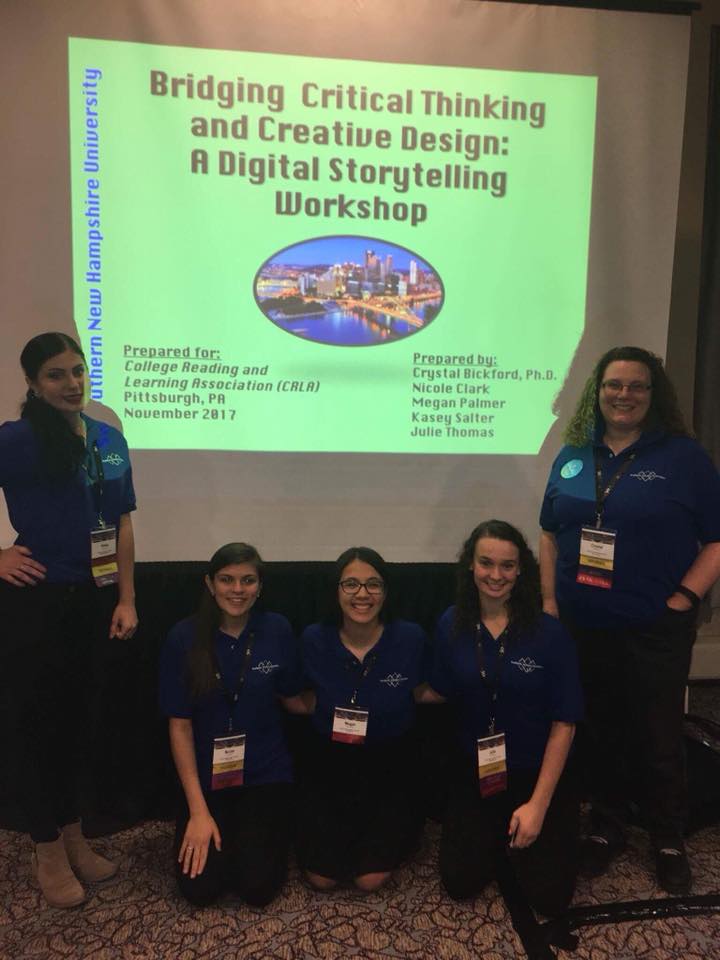The “Millennial” brand can be a hard one to wear. Scarlet letter M’s seem to mark our chests and come with a set of assumptions that can weigh heavily on other people’s perceptions. This letter generalizes that we are savvy with technology, but also too dependent on it. That we are lazy and entitled, but also facing a slew of unique external factors that often set us up to fail. That we are bad at interpersonal relations, but are more connected than ever. If you are a part of Generation Y (or are one of the many “real” adults that work with us on a daily basis), you know the drill.
As a young professional, it has always put me out of my comfort zone, therefore, to be surrounded by those who I consider to be “adults.” Those who I look up to, those of a different generation, those that I know are often frustrated with many of the listed and unlisted characteristics of myself and my peers.
Throughout the duration of my university career, I have found myself traveling to conferences, presenting research and, in many ways, vouching for an entire generation. As I write this, I find myself in Pittsburgh, Pennsylvania at the College Reading and Learning Association conference presenting research about a current student population that I, too, belong to. This presents an interesting intersection of wanting to rise above the characteristics that have been assigned to us, while also feeling as though we are too often criticized and not wanting to feel like I need to prove myself.
I can’t help but wonder if other students feel this with as much weight as I find. We as students, or faculty members and administrators as adults, can sit around for days speculating and hypothesizing why students are the way they are, spinning into circles of blame and only more questions.
We all come with our own sets of experiences, either bearing this generational identity or being subjected to it, and it invariably frames our perceptions. As millennials, it is all too simple to be caught at the intersection mentioned above, to let it consume you. As faculty members, it is no doubt the frustration you live with, and it can be easy to criticize instead of empathize. To spin in circles instead of jettisoning out of the spiral.
Doing research about my own generation is a gut punch of perspective at times. Even more so is having to talk to others about it. As the “Millennial Voice” in so many environments, how can one possibly defend the people and students that we were conditioned to be, the professionals we are going to become, the leaders we already are?
I don’t know that there is a clear-cut answer, that there is a way to surpass negative stereotyping of a generation’s characteristics that may not be necessarily untrue. But what I can say is that it’s better to talk about it, to recognize the truths on both sides of a generational gap that at times feels like a chasm, and to meet halfway.




